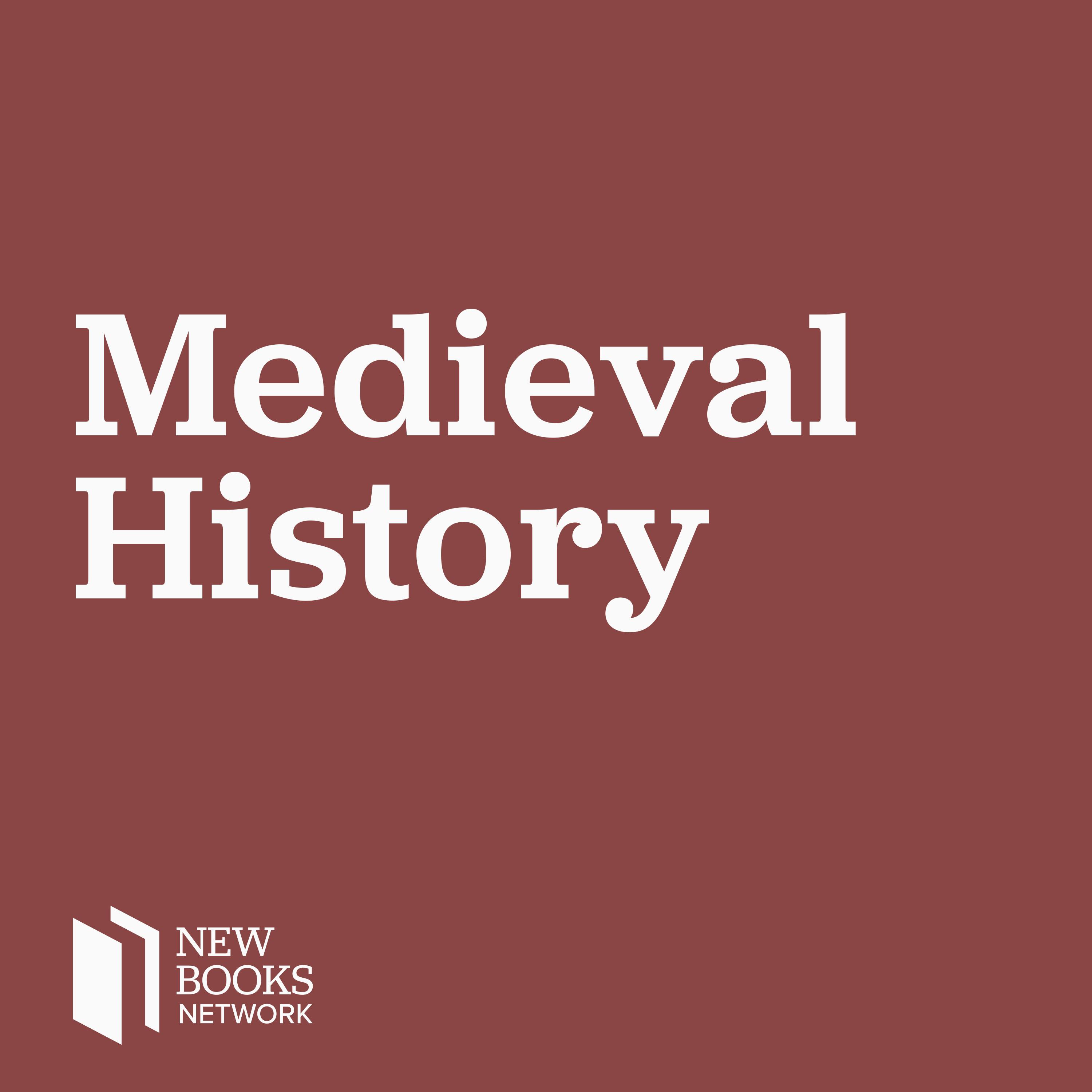Nicola Clark, "The Waiting Game: The Untold Story of the Women Who Served the Tudor Queens" (Norton, 2024)
Description
Every Tudor Queen had ladies-in-waiting. They were her confidantes and her chaperones. Only the Queen's ladies had the right to enter her most private chambers, spending hours helping her to get dressed and undressed, caring for her clothes and jewels, listening to her secrets. But they also held a unique power. A quiet word behind the scenes, an appropriately timed gift, a well-negotiated marriage alliance were all forms of political agency wielded expertly by women.
The Waiting Game: The Untold Story of the Women Who Served the Tudor Queens (W. W. Norton, 2024) by Dr. Nicola Clark explores the daily lives of ladies-in-waiting, revealing the secrets of recruitment, costume, what they ate, where (and with whom) they slept. We meet María de Salinas, who travelled to England with Catherine of Aragon when just a teenager and spied for her during the divorce from Henry VIII. Anne Boleyn's lady-in-waiting Jane Parker was instrumental in the execution of not one, but two queens. And maid-of-honour Anne Basset kept her place through the last four consorts, negotiating the conflicting loyalties of her birth family, her mistress the Queen, and even the desires of the King himself. As Henry changed wives, and changed the very fabric of the country's structure besides, these women had to make choices about loyalty that simply didn't exist before. The Waiting Game is the first time their vital story has been told.
This interview was conducted by Dr. Miranda Melcher whose new book focuses on post-conflict military integration, understanding treaty negotiation and implementation in civil war contexts, with qualitative analysis of the Angolan and Mozambican civil wars.
Learn more about your ad choices. Visit megaphone.fm/adchoices
More Episodes
Published 11/23/24
During the early medieval Islamicate period (800–1400 CE), discourses concerned with music and musicians were wide-ranging and contentious, and expressed in works on music theory and philosophy as well as literature and poetry. But in spite of attempts by influential scholars and political...
Published 11/12/24
Filippo Gianferrari, "Dante's Education: Latin Schoolbooks and Vernacular Poetics" (Oxford UP, 2024)
In fourteenth-century Italy, literacy became accessible to a significantly larger portion of the lay population (allegedly between 60 and 80 percent in Florence) and provided a crucial means for the vernacularization and secularization of learning, and for the democratization of...
Published 11/06/24


